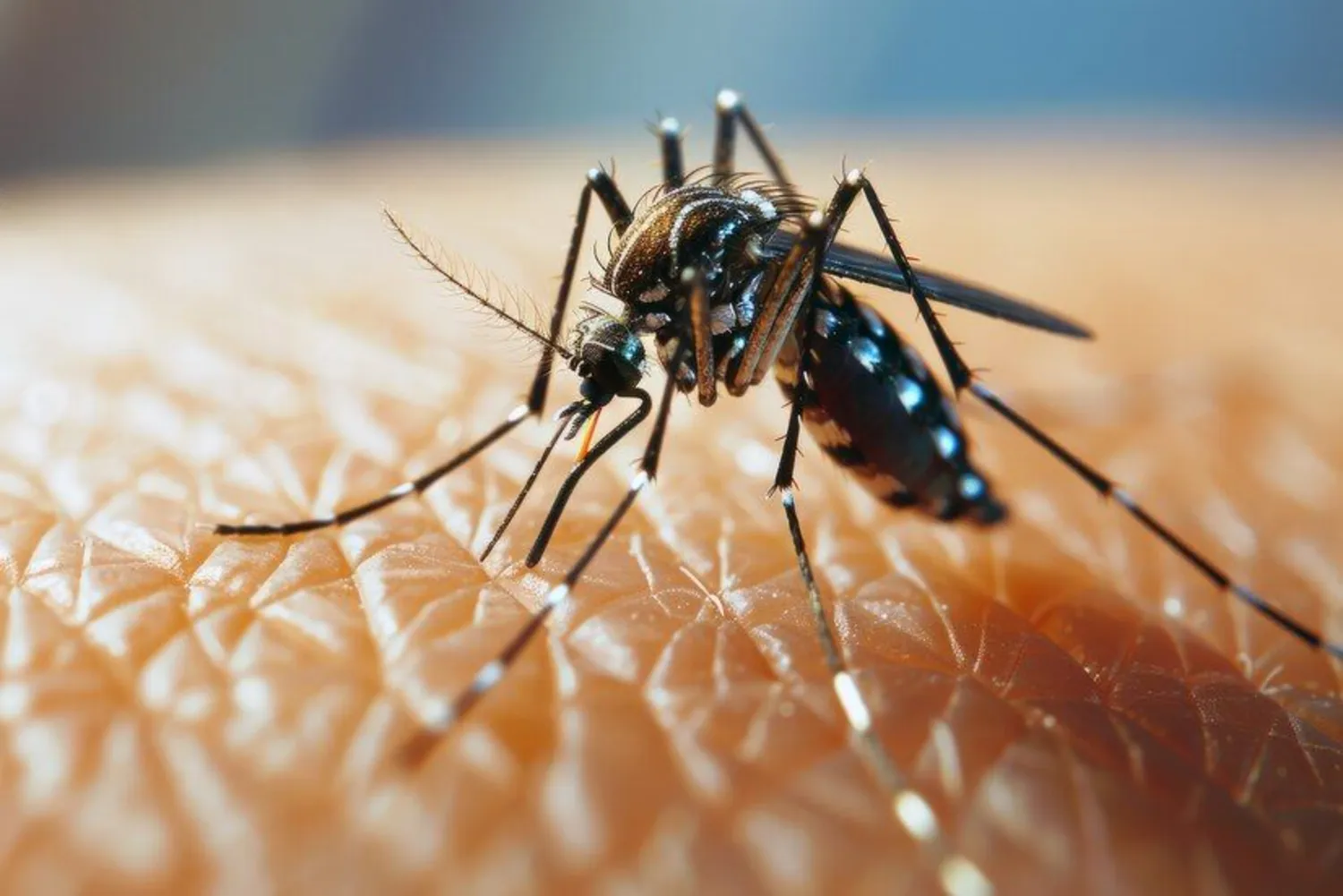Heed the warning, dengue is a killer
A week ago, a 12-year-old boy flown to New Zealand in a mercy dash passed away due to complications brought about by dengue fever. Dengue is a killer, and the outbreak declaration needs to be taken seriously.
Misiafa Nathan Lene was confirmed to have been in a coma due to dengue fever and was flown to Auckland for further treatment, however, the child did not make it. The loss of a child’s life under any circumstances is never a good thing. The hardest thing for a parent is always having to bury their child. One cannot imagine the pain the parents are going through.
The Ministry of Health has declared a dengue fever outbreak with one reported death from the virus and 15 confirmed cases since January. Most cases have been reported at the Moto’otua Main Hospital (TTM), where patients initially presented with other flu-like symptoms before testing positive for dengue. The majority of these individuals have recovered well without requiring admission to the hospital. The most affected areas are those located in the Northwest of Upolu, with cases reported across all age groups.
Dengue fever is a viral illness caused by four (U) different types of dengue virus (DENV-1, DENV-2, DENV-3 and DENV-4) and is spread by mosquitoes. It is transmitted from person to person through the bites of infected mosquitoes. All four types of the virus can lead to severe infection, including Dengue Hemorrhagic Fever, a potentially life-threatening condition that may cause internal bleeding and organ failure. Hemorrhagic dengue can progress rapidly and may lead to death if not treated promptly.
It has been reported that a few people in Fiji have died from dengue, with hundreds of new cases treated at the moment. According to the World Health Organisation, dengue (break-bone fever) is a viral infection that spreads from mosquitoes to people. It is more common in tropical and subtropical climates.
Most people who get dengue will not have symptoms. But for those who do, the most common symptoms are high fever, headache, body aches, nausea, and rash. Most will get better in 1–2 weeks. Some people develop severe dengue and need care in a hospital. In severe cases, dengue can be fatal.
While there is no national campaign against dengue, people have been advised to clean their surroundings, especially places where mosquitoes can breed. There is no vaccine against dengue, and there is no antibiotic to treat the sickness. For dengue, the best course of action is prevention.
New studies show that climate change is driving a global rise in dengue fever. A Stanford University-led study shows cleaning up trash can significantly reduce disease risk. It is as simple as that. As cases of dengue fever skyrocketed globally this past year, new findings by Stanford researchers and their international collaborators underscore the importance of one measure that can significantly reduce disease risk: cleaning up trash.
Dengue fever is a viral illness spread through mosquito bites. While cases can be asymptomatic, many people experience high fever and painful body aches. Second infections are often more severe and can lead to hemorrhagic fever, shock, and sometimes death. Thriving in warmer, wetter weather resulting from climate change, dengue is rapidly spreading into new locations beyond its historical tropical range.
Stanford researchers and their international colleagues recently sought to better understand the transmission of dengue and two other diseases spread by the same mosquito – Zika and chikungunya – in children up to age five in two dengue hotspots, Fiji and Indonesia. Their study, published in BMC Infectious Diseases on 13 January, found that children living in households with regular garbage removal, particularly in Indonesia, had a significantly lower risk of getting dengue than children whose homes had trash around them.
The outbreak calls for action. Families should take it upon themselves to clean their surroundings, cut tall grasses and get rid of anything that can hold water and allow mosquitoes to breed. This is an initiative each village needs to take as a collective. This can be done by organising afternoon cleanups.
Dengue is spread by mosquitoes, and destroying breeding places will get rid of the outbreak. The last thing we need is the loss of another life.











